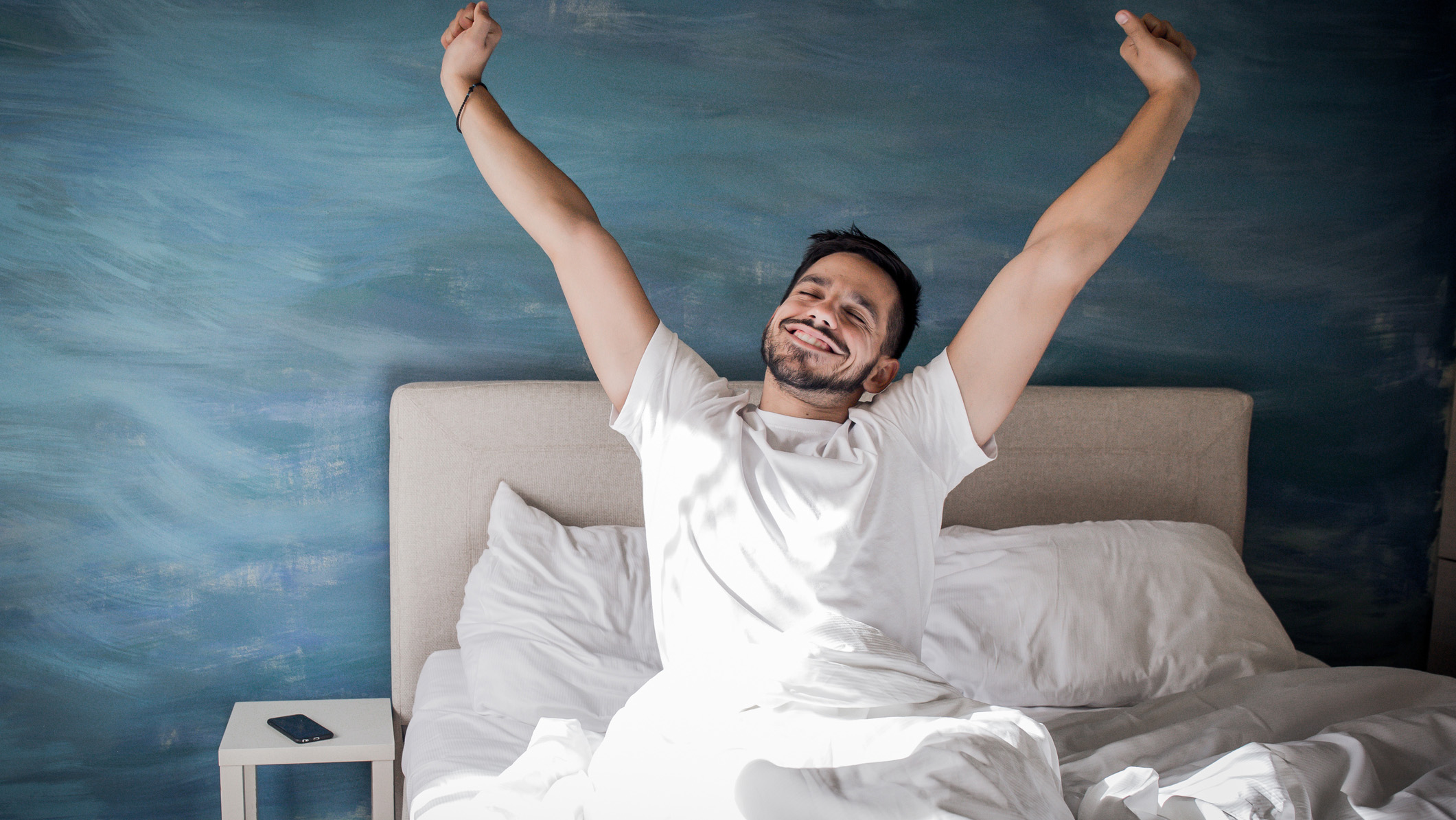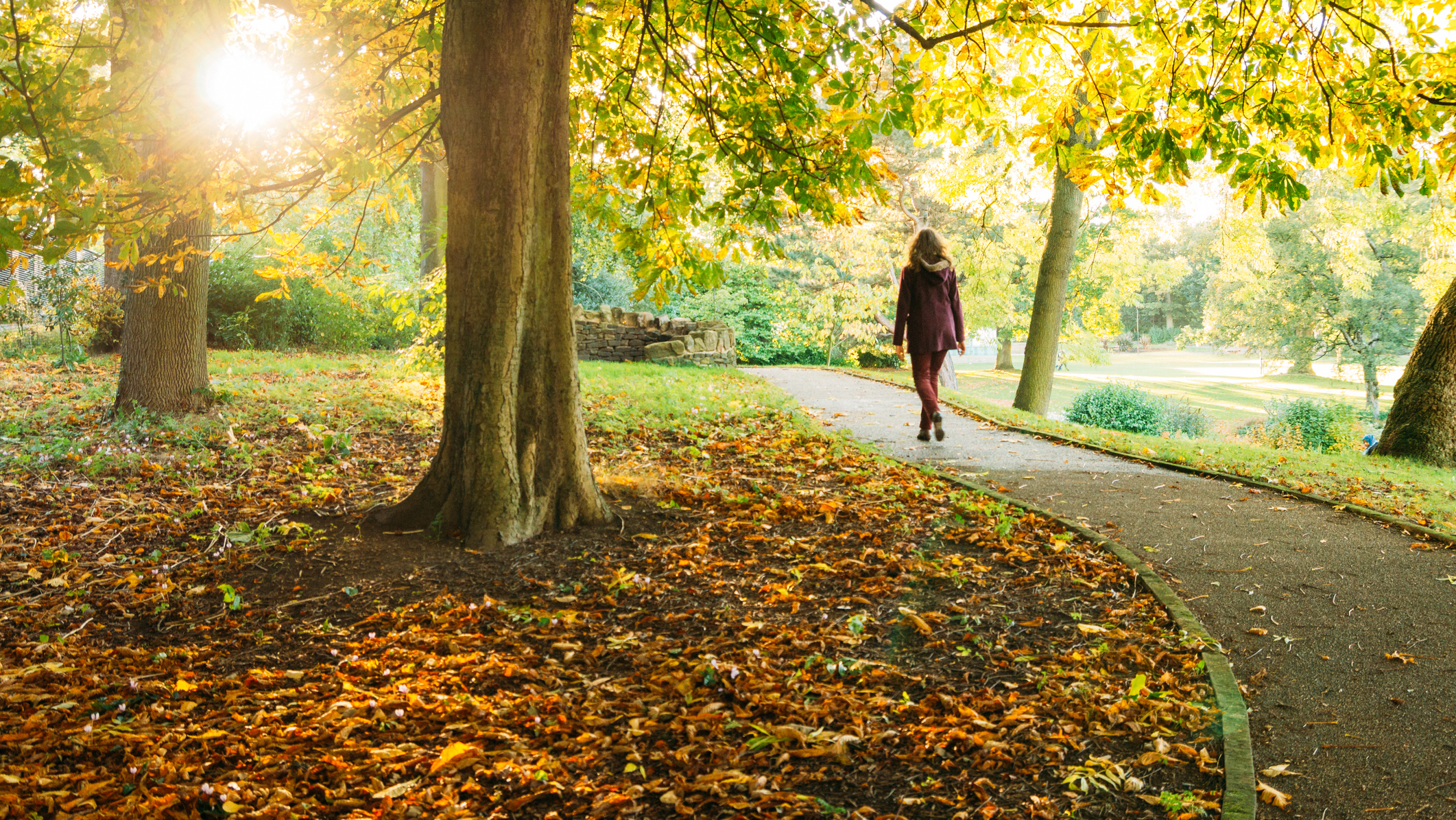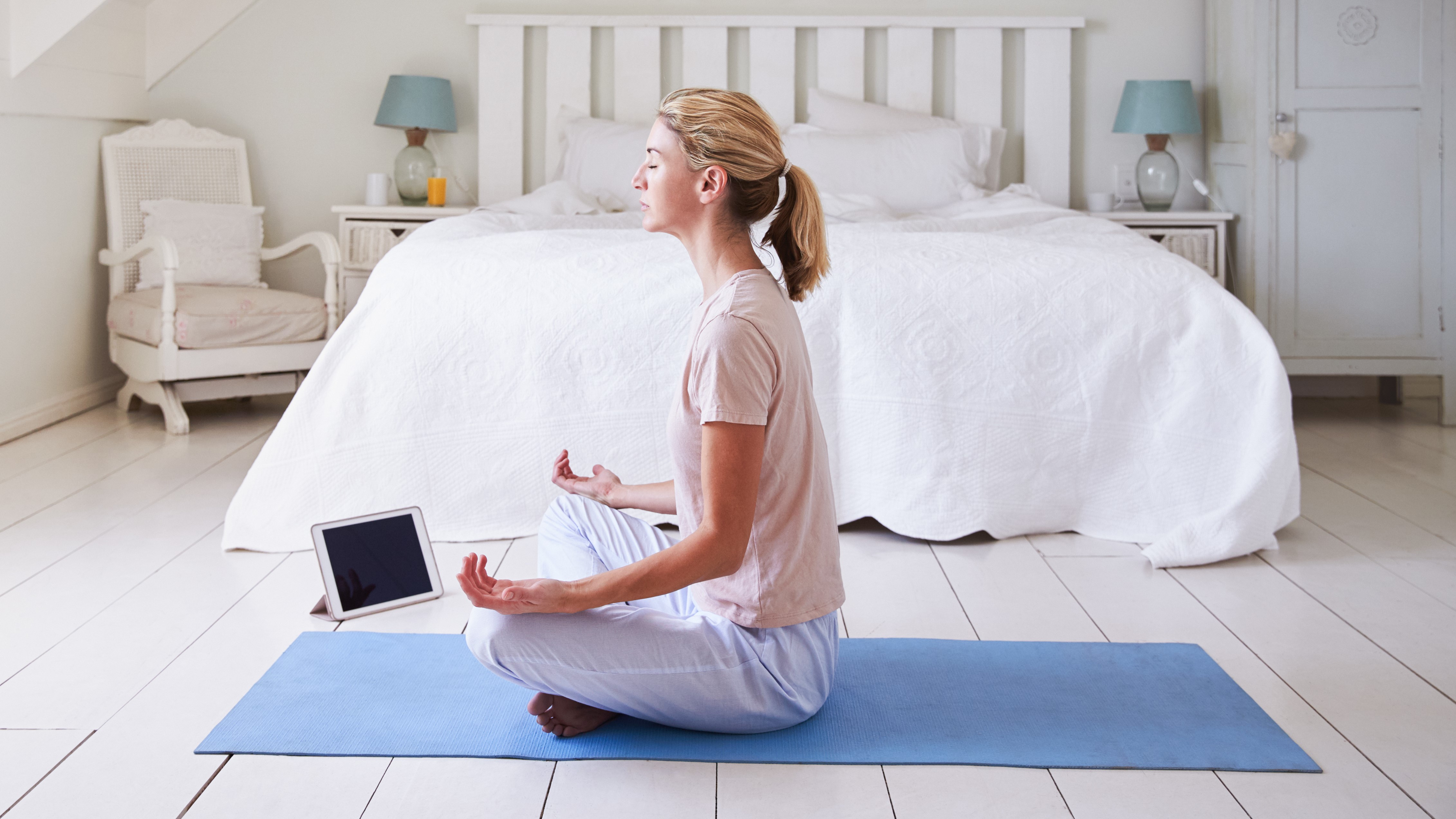Neuroscientist reveals her secret to better sleep — and it’s easy to use
Meditation expert and neuroscientist Anne-Sophie Fluri shares her best sleep tips and why bedtime routines for adults work

For a long time, many of us assumed that what we did directly before bed made the sole difference to how well we slept. But research is now showing us that how we start our day, and what we do in our waking hours, also plays a role in our ability to sleep at night.
To unpick this further, we spoke to Anne-Sophie Fluri, neuroscientist and Head of Mindfulness at MindLabs, a new mental wellness app that helps people overcome poor sleep, stress, anxiety and low mood.
Through her previous work at Imperial College London, Fluri was involved in the first study of the effects of LSD and meditation on the brain, so she has plenty of insight into how meditation helps you sleep better. Here’s what she had to say…
- I tried the 4 7 8 sleep method to see if it does help you fall asleep faster
- How to sleep better: 5 gadgets to tackle your biggest sleep problems
A neuroscientist's secret to great sleep
There are lots of great sleep tips out there, but the best ones are usually the simplest. Just ask Fluri: “The secret to great sleep in my opinion lies in what we do in the first few hours of waking up. Our circadian cycle determines when we want to be asleep or awake, and this is mostly governed by sunlight.
A huge barrier to falling asleep is often the replaying of your day's encounters”
Anne-Sophie Fluri
“When we’re exposed to light shortly before or after waking up, an internal timer sets off to secrete melatonin (which lets us fall asleep) about 12 to 14 hours later. So it's important that this burst of light happens early in the day so that we can feel sleepy at a reasonable time in the evening.”
If getting outdoors in the morning is tricky for you, open your curtains and let natural light flood your home. You could also try a wake-up light for another burst of light upon waking up.

You can’t force sleep, but you can ease into it
If you have spent too many nights staring at the ceiling, wondering why your brain won’t switch off and let you sleep, you’re not alone. In fact, says Fluri, “A huge barrier to falling asleep is often the replaying of your day's encounters, conflicts, or conversations.
Get daily insight, inspiration and deals in your inbox
Sign up for breaking news, reviews, opinion, top tech deals, and more.
“By acknowledging the events of your day, observing them without judgement, and finally practicing some relaxation techniques, you can learn to free yourself from a ruminating mind and find peace and comfort.
Fluri’s top three tips for helping people ease into sleep are:
- Keep your electronics out of the bedroom
- Dim the lights
- Set your alarm for the same time every day and don't get used to hitting snooze!
Bedtime routines help you fall asleep faster
This is the part where what you do directly before bed affects how easily you drift off. “A bedtime routine is so important,” emphasises Fluri, who reads novels but not non-fiction (“it gets my mind racing”) as part of her routine.
If you stick to a schedule that suits you, you’ll fall asleep easier [and] wake up easier
Anne-Sophie Fluri
“The main components of my routine are going to bed at the same time and waking up at the same time every day. A consistent number of hours’ sleep is much more important than catching up on your zzz’s whenever you can.
“I also don’t keep any electronics in my bedroom, put my phone away at least an hour before I want to fall asleep, and keep the lights warm and dim, often only using red light or even candles,” reveals Fluri.
“If you stick to a schedule that suits you (for me it’s seven to eight hours sleep), you’ll fall asleep easier, wake up easier, and most likely enjoy less disruptions while you snooze.”

Meditation could be your best sleep aid yet
We love a good meditation app at TechRadar, and through her previous work at Imperial College London, Fluri is also well aware of the positive effects meditation has on the brain - and that extends to sleep.
“Meditation keeps racing thoughts at bay, teaches you how to be present and reduces the amount of thoughts or information we’re taking in,” explains Fluri. “It helps get your brainwaves into a slower-wave; one associated with relaxation.
If you wake up frequently in the night, meditation can also help you drift off again. “The combination of mastering your anxieties, teaching your body how to relax, and priming your body and mind for relaxation will help you fall asleep, and get back to sleep faster if you’ve woken up.”
Relax your mind and your muscles
When practiced regularly, breathing techniques and muscle relaxation exercises can help you fall asleep faster. They also act as a powerful antidote to stress.
Fluri has experienced this first-hand through her Releasing Muscle Tension class, which is similar to progressive muscle relaxation. “This technique uses the body to control the mind. It's a form of non-sleep deep rest, so you may or may not fall asleep, but it will teach you to actively calm yourself down.”
You can even use it in place of a nap, Fluri suggests. “One study in particular showed that this form of meditation allows dopamine to reset itself. Another determined an ability to enter a deep state of delta-wave sleep, while awake and maintaining awareness of one’s surroundings. So even if you’re not falling asleep, your body can reap the benefits of rest.”
If you want to try it for yourself, the above video is one of the most popular Progressive Muscle Relaxation for sleep exercises on YouTube with over 2.2 million views. We've used it a few times and it always works for us.
Don’t forget that how comfy you feel in bed can make a difference to how well you sleep, so make sure you have the best mattress for your body. If it is time for something new, the upcoming Presidents’ Day mattress sales are already rolling out some big savings on comfy beds.

Claire is a Sleep Editor and Certified Sleep Science Coach who covers all things related to slumber, and is the go-to person for getting great product recommendations for better sleep. As an expert mattress reviewer, Claire has tested memory foam and hybrid mattresses from a range of top-rated brands, and has extensive experience of testing bedding too. Claire regularly speaks to certified sleep specialists, such as chartered psychologists and doctors of sleep medicine, to stay on top of the research and techniques that can help you enjoy better quality sleep, and she speaks with industry specialists about the latest mattress trends and new releases. Before delving into the world of sleep, Claire was Health & Wellness Editor at Top Ten Reviews, and before that a Senior Content Editor at T3. Having suffered with insomnia for years, Claire knows how much of a difference a good night's sleep can make and is passionate about helping others to sleep better too.